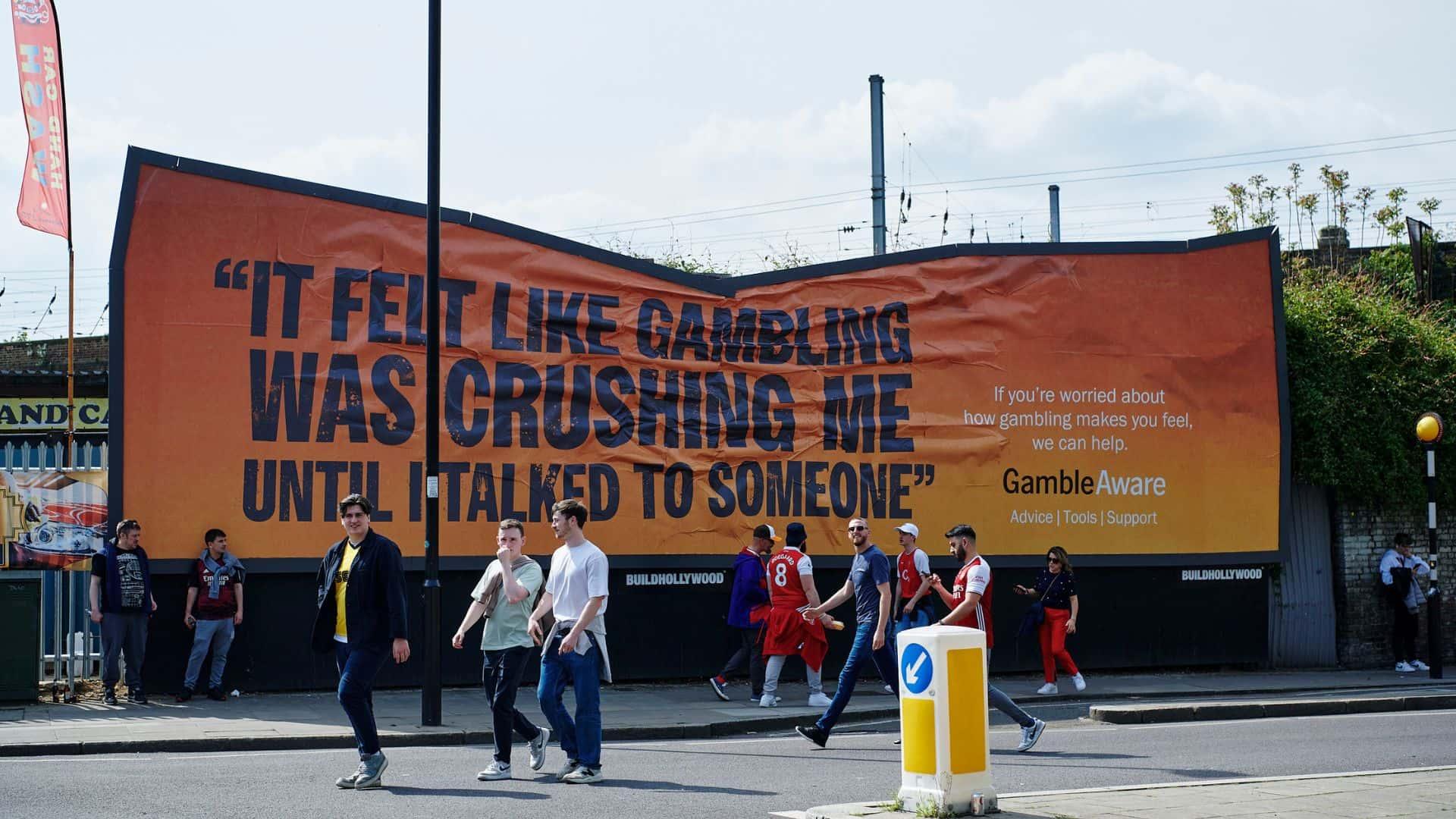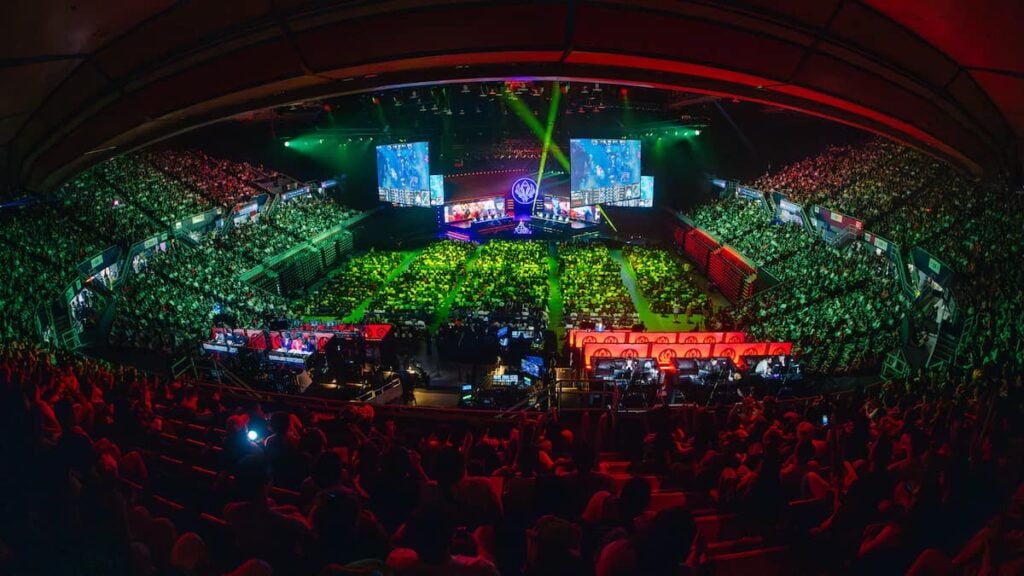
A recent survey by GambleAware has revealed growing concerns about how children and teenagers across Great Britain are being exposed to gambling content online.
The study points to the increasing influence of celebrities and social media personalities in shaping young audiences’ views on gambling, with platforms such as Twitch, YouTube, TikTok, Instagram, and Kick playing a central role in spreading this type of content. For many young people, these platforms are part of everyday life, which makes gambling promotion far more accessible than ever before.
The data collected from 13 to 17-year-olds paints a worrying picture. An overwhelming 87 percent of respondents said they had come across gambling content online, showing just how widespread the issue has become.
Even more concerning, 16 percent reported that they had seen content creators directly advertising gambling products, while nearly one in five recalled influencers openly discussing their own experiences. These findings highlight the urgent need for stronger protections and stricter guidelines to prevent harmful exposure and safeguard vulnerable young audiences.

The survey has raised serious concerns about how celebrities and influencers are shaping young people’s attitudes toward gambling. The research shows just how influential famous personalities can be, with 67 percent of children and teenagers saying celebrities should not be allowed to promote gambling.
Many respondents admitted that when celebrities appear in gambling ads, it makes the activity seem more appealing: 64 percent said it looks fun, 59 percent said it feels cool, 57 percent saw it as exciting, and 56 percent believed it looks like an easy way to make money. One participant summed up the trust young people place in public figures by saying: “You would feel like they’re trustworthy because they’re famous and everyone knows them.”
The findings become even more worrying when looking at the direct impact on behavior. One in four young people (25 percent) admitted they felt tempted to gamble after seeing a celebrity gamble or advertise gambling, while among boys aged 16–17, this number jumped to 36 percent. These figures highlight how advertising and influencer-driven content disproportionately affect vulnerable groups, pushing them closer to risky behavior.
GambleAware has urged regulators and the government to take immediate action. The charity is calling for tighter restrictions on online gambling advertising, especially in the short term, while more comprehensive regulatory frameworks are developed. They also want the Advertising Standards Authority (ASA) to reevaluate its guidelines on the use of celebrities in gambling promotions, given their clear appeal to young audiences.

The survey also highlighted how strongly young people themselves want more protection. A striking 86 percent said they want better education about the risks of gambling, showing that awareness and prevention need to go hand in hand with stricter advertising rules.
GambleAware CEO Zoë Osmond OBE reinforced these concerns, stating: “Digital technology has transformed how children and young people consume content, with mobile phone ownership widespread and many spending hours daily on social media. Social media platforms and influencers now play a pivotal role in shaping attitudes and behaviours, and this research shows that some are playing a part in encouraging young people to gamble.”
She added: “It is unacceptable that children’s environments continue to be flooded with age-restricted content. Consistent exposure to influencer-driven gambling content contributes to the normalisation of gambling amongst school-aged children, and we know that early exposure to gambling at a younger age can lead young people to have a higher risk of experiencing gambling harm later in life.”
With strong calls from both GambleAware and the youths themselves, policymakers face mounting pressure to act quickly by tightening advertising standards, holding platforms accountable, and ensuring children receive the education they need to make safer choices in the digital age.







